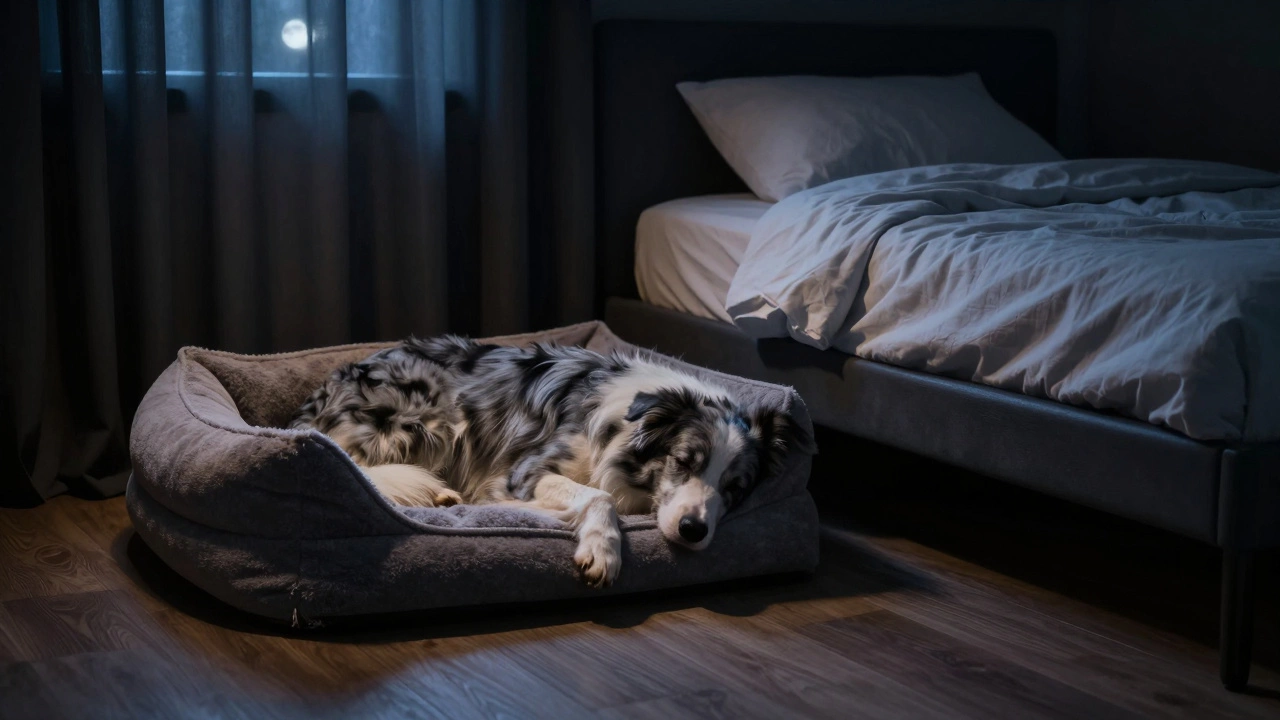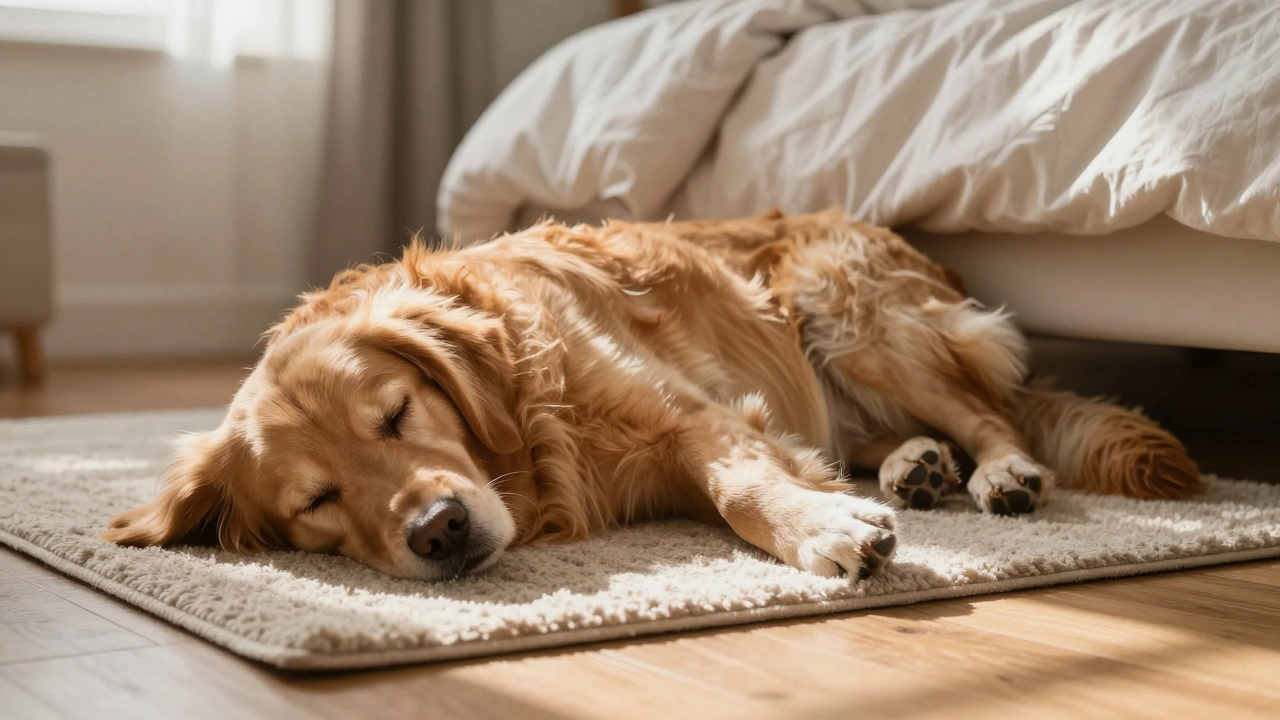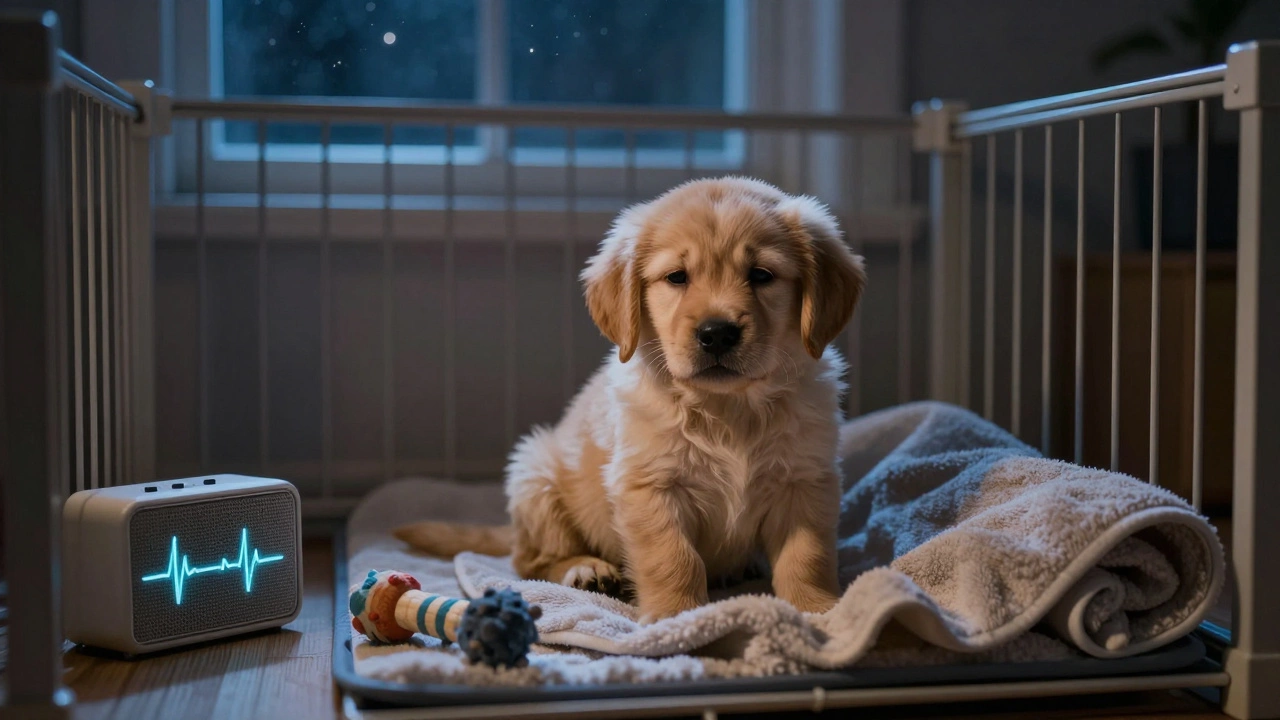Overnight Cat Food: What to Feed Your Cat When You're Away
When you're not home overnight, your cat doesn't just need food—they need the right kind of food. Overnight cat food, the type of food left out for cats during long periods without human presence. Also known as overnight feeding solution, it’s not just about filling a bowl—it’s about keeping your cat healthy, satisfied, and safe while you sleep. Cats are natural grazers. Unlike dogs, they don’t do well with one or two big meals a day. Left alone for 8–12 hours, they need food that won’t spoil, won’t attract pests, and won’t upset their stomachs.
Wet cat food, moist, canned food often packed with protein and moisture is great for hydration, but it goes bad fast. Leaving it out overnight invites bacteria, flies, and a messy kitchen. Dry cat food, kibble designed for shelf stability and slow digestion is the go-to for overnight feeding. It stays fresh, doesn’t need refrigeration, and most cats eat it slowly throughout the night. But not all dry food is equal. Cheap brands fill their kibble with fillers like corn and wheat—your cat’s body isn’t built for that. Look for high-protein, low-carb formulas with real meat as the first ingredient.
Some owners think leaving food out all night means their cat will overeat. Not true—most cats self-regulate well. But if your cat is prone to weight gain, consider an automatic feeder, a timed device that releases food at set intervals. It lets you control portions without being home. You can schedule small meals at 2 a.m. and 5 a.m., mimicking their natural hunting rhythm. No more begging at 4 a.m. or a ravenous cat knocking over the trash.
What about water? Always fresh, always available. A cat’s kidneys rely on constant hydration, especially if they eat dry food. A simple bowl won’t cut it—stagnant water gets dirty fast. A small pet fountain keeps water moving and fresh, encouraging your cat to drink more. Studies show cats drink up to 50% more from flowing water sources.
And what about treats? Don’t leave them out overnight. Treats are for training or bonding—not all-night snacking. Too many snacks can throw off their nutrition, lead to obesity, or even cause diabetes in older cats. Stick to their regular food. If you’re worried about hunger, choose a high-quality dry food with added fiber and protein to keep them full longer.
Some cats are picky. If your cat ignores their bowl overnight, they might not like the texture, smell, or brand. Try switching to a different protein—chicken, salmon, or turkey. Rotate flavors weekly to prevent boredom. Watch for signs they’re not eating: weight loss, lethargy, or hiding. That’s not laziness—it’s a red flag.
There’s no one-size-fits-all answer to overnight cat food. It’s a mix of science, observation, and knowing your cat. You’re not just leaving food—you’re supporting their health, their routine, and their trust in you. The right overnight feeding plan means fewer vet visits, less stress, and a happier cat waking you up in the morning—not because they’re hungry, but because they’re ready for cuddles.
Below, you’ll find real stories, expert tips, and honest reviews about what works—and what doesn’t—when it comes to feeding your cat while you’re away. Whether you’re new to pet ownership or just looking for a better solution, these posts have the answers you need.
Should Cats Have Access to Food All the Time? The Truth About Free Feeding
Leaving food out all day for cats seems convenient, but it can lead to obesity, diabetes, and digestive problems. Learn why scheduled meals are healthier and how to make the switch safely.






